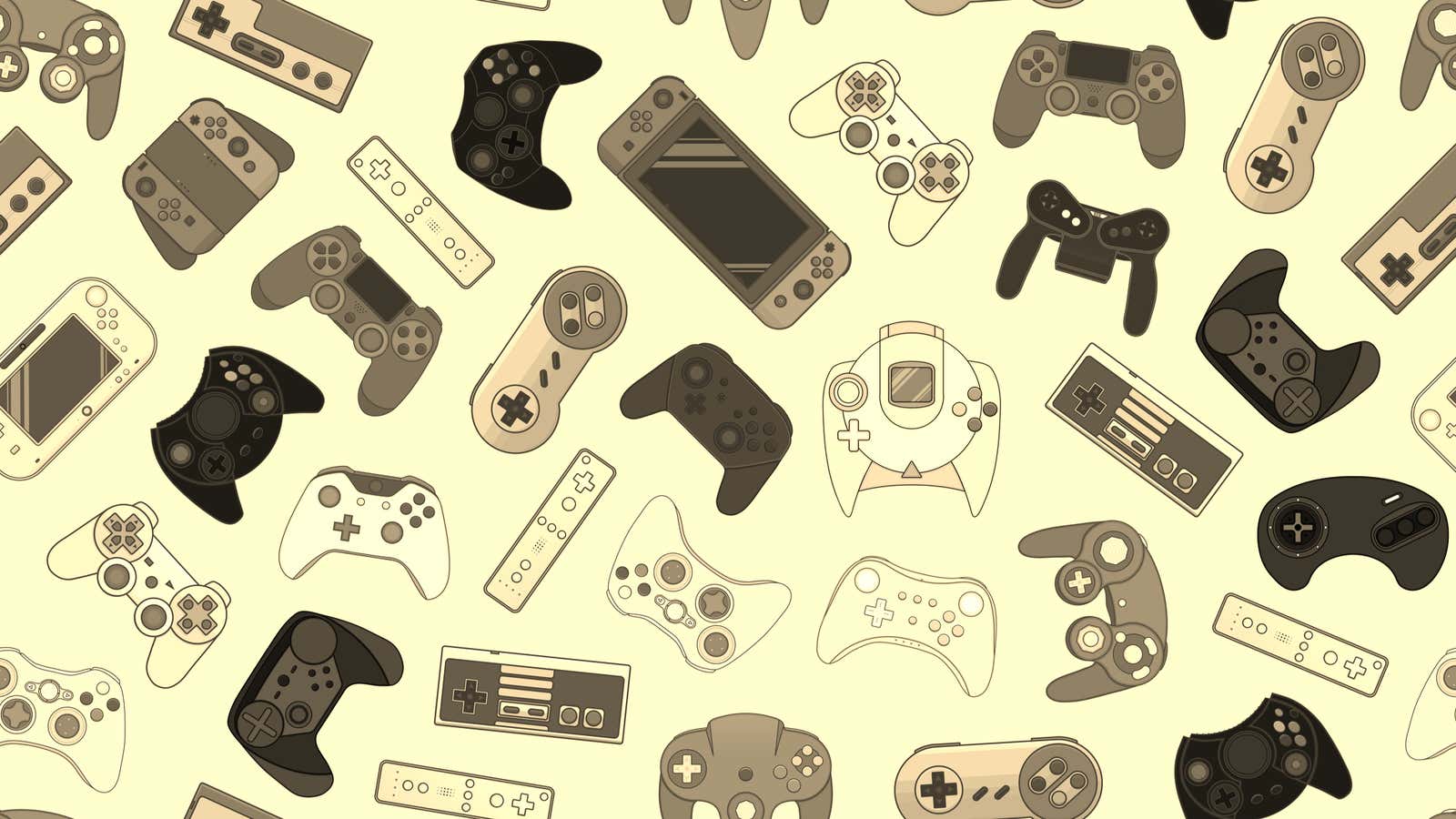Video Games Can Be Good for Your Mental Health

As the global pandemic batters economies and condemns billions of people around the world to isolation in their homes, our collective mental health is understandably taking a dive . Because many people lack the usual opportunities to connect with family, friends and colleagues, depression has skyrocketed around the world.
But maybe you can do something about it – and without leaving your home. New research from Oxford University shows that mental well-being can be improved through one of the most sedentary indoor activities: playing video games. According to research, it seems that living on the couch against familiar guidance from a spouse or parent can have a positive effect on your psyche if you play the right games.
The study is the first of its kind
Exploration represents new territory for video game exploration. By analyzing the behavior patterns of the players in two games, Plants vs Zombies: Battle for Neighborville and Animal Crossing: New Horizons , the researchers adapted the survey to the specific playing time of 3,274 players. (Previous research has relied on players’ self-reported play times, leading to more dubious conclusions.)
The aim of the study was to measure the relationship between objective play time and a person’s mental well-being by pointing out several factors related to the player’s experience, such as “feelings of autonomy, kinship, competence, pleasure, and a sense of having to play.”
According to Professor Andrew Przybilsky , director of research at the Oxford Internet Institute and lead author of the study, the results disprove many of the stereotypical notions of video games as detrimental to mood. These lessons can be instructive for policymakers, especially as internet addiction and screen time are becoming more common problems in society.
“Our results show that video games are not necessarily bad for your health; There are other psychological factors that significantly affect a person’s well-being. In fact, gaming can be an activity that positively affects people’s mental health, and regulation of video games can deprive players of these benefits. ”
Additional Key Findings
It’s important to note that both games used in the study have a more sunny premise than many brutal or apocalyptic games on the market. The happiness of the players surveyed could be attributed to the more supportive mood of Animal Crossing and the fact that in order to play, players must interact with each other to complete mutually beneficial tasks.
“I don’t think people spend a lot of time playing games with a social dimension if they don’t like it,” Przybylski told the BBC , comparing the effect of both games to a “digital water cooler”.
The study further concluded:
- The actual amount of time spent playing was small but a significant positive factor in people’s well-being.
- A player’s subjective experience during play may be a more important factor in well-being than just playing time.
- Players who truly enjoy the game feel more positive.
- The results are consistent with past research that people whose psychological needs are not being met in the “real world” may report feeling uncomfortable with play.
Data can help inform public health policy
However, the study does not completely refute the results of four decades of previous research on video games, many of which found negative associations between different games and the mental health of players in different age groups. According to Przybylski , the study does offer researchers the ability to better communicate to health authorities accurate data on video games that were previously unavailable due to technology limitations.
“You really respect important bodies like the World Health Organization and the National Health Service that devote attention and resources to things that literally don’t have a lot of credibility, ” he told The Guardian.
As governments across the West are considering introducing new isolation measures, it’s a bit reassuring to know that fun games like Animal Crossing can help people cope with loneliness better than we previously thought.